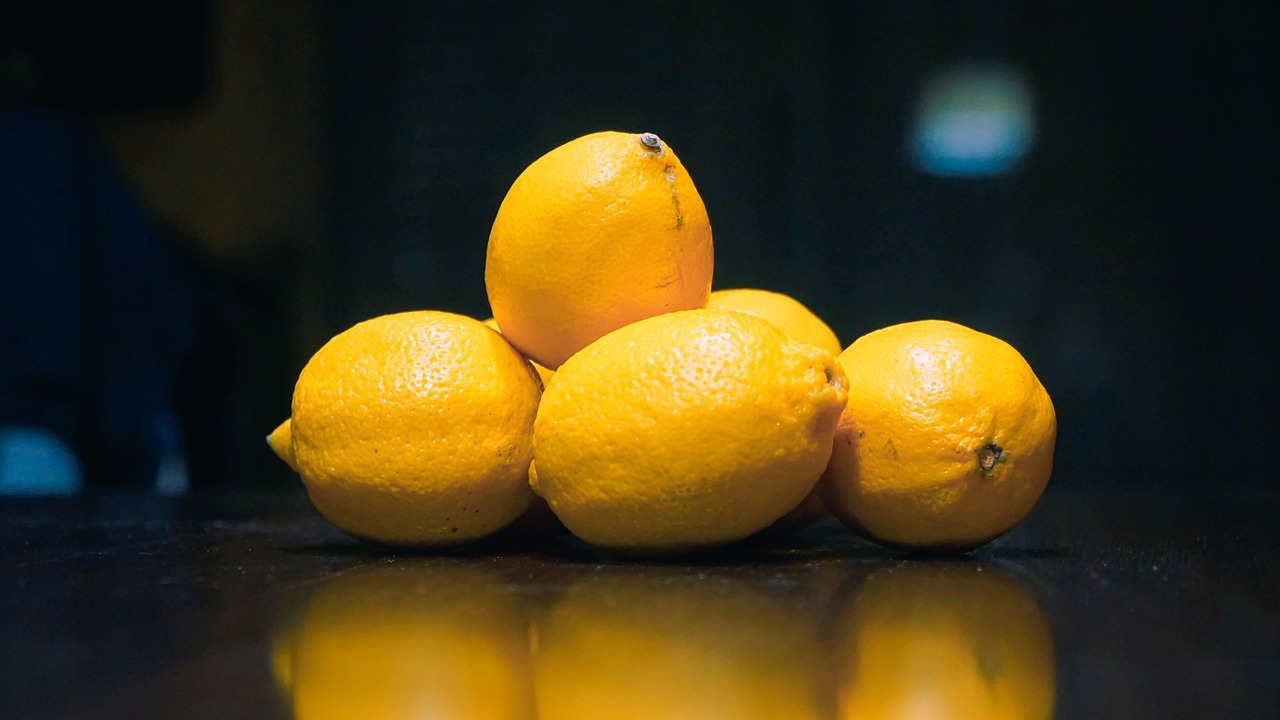Welcoming a baby into the world is a joyous occasion, but it also comes with its share of challenges. As a parent, one of your top priorities is ensuring the health and well-being of your little one. Among the concerns that parents often have is whether certain foods can cause a baby rash. In this in-depth article, we will dive into this topic and provide you with the information you need to make informed decisions about your baby’s diet. So, let’s explore the question: Do certain foods cause baby rash? An in-depth look awaits!

Do Certain Foods Cause Baby Rash? An In-depth Look
As parents, it’s only natural to be concerned about any rashes or skin irritations that appear on our baby’s delicate skin. The link between food and baby rash is a topic that has garnered much attention and speculation. In this section, we will delve into the subject, examining the potential causes, common triggers, and expert insights to shed light on the matter.
Understanding Baby Rash
Before we explore the connection between food and baby rash, let’s take a moment to understand what baby rash is. Baby rash refers to any abnormal skin appearance or irritation that affects infants. Rashes can manifest in various forms, including redness, bumps, dry patches, or even blisters. These skin conditions can be caused by a multitude of factors, including allergies, irritants, infections, or underlying health conditions.
Common Types of Baby Rashes
Baby rashes come in different forms, each with its unique characteristics and causes. Let’s take a closer look at some of the most common types of baby rashes:
- Diaper Rash: Diaper rash is perhaps one of the most prevalent skin conditions affecting infants. It occurs when a baby’s skin is exposed to prolonged moisture, friction, or contact with certain irritants, such as soaps or detergents.
- Eczema: Eczema, also known as atopic dermatitis, is a chronic condition characterized by dry, itchy, and inflamed skin. While the exact cause of eczema remains unknown, genetic and environmental factors play a significant role.
- Food Allergy-Related Rash: Some babies may develop a rash as a result of food allergies. These rashes are often accompanied by other symptoms, such as hives, swelling, or difficulty breathing. Identifying the specific food allergen is crucial to managing the rash effectively.
- Contact Dermatitis: Contact dermatitis is a type of rash that occurs when a baby’s skin comes into direct contact with an irritating substance, such as certain fabrics, lotions, or even specific foods.
Now that we have a better understanding of the different types of baby rashes, let’s explore the potential link between certain foods and these skin conditions.
The Food and Baby Rash Connection
Parents often wonder if the food their baby consumes can trigger or exacerbate a rash. While there is no one-size-fits-all answer, some studies and anecdotal evidence suggest that certain foods may contribute to the development or worsening of baby rashes. Let’s take a closer look at some key factors to consider:
- Food Allergies: Food allergies are a common cause of rashes in both children and adults. If your baby has a known food allergy, such as an allergy to milk, eggs, peanuts, or wheat, consuming these trigger foods can lead to the development of a rash. If you suspect a food allergy, it’s essential to consult with a pediatrician or allergist for proper testing and guidance.
- Food Sensitivities: In addition to allergies, some babies may have food sensitivities that can result in a rash. Food sensitivities are different from allergies in that they don’t involve an immune system response but rather an adverse reaction to certain foods. Common culprits include citrus fruits, tomatoes, strawberries, and spicy foods. Keeping a food diary and noting any correlations between specific foods and rashes can help identify potential sensitivities.
- Breastfeeding and Maternal Diet: For breastfeeding mothers, the foods they consume can sometimes affect their baby’s skin. Some babies may be sensitive to certain foods passed through breast milk. While it’s rare for a baby to develop a rash solely due to breastfeeding, it’s worth noting that certain foods, such as cow’s milk, nuts, or shellfish, could potentially cause a reaction in sensitive infants.
- Introduction of Solid Foods: When introducing solid foods to your baby’s diet, it’s crucial to pay attention to any potential allergic reactions or rashes that may occur. Experts recommend introducing one new food at a time, waiting a few days before introducing another, to help identify any potential triggers. If a rash appears after the introduction of a new food, consult with a healthcare professional for further evaluation.
- External Factors: It’s important to consider external factors that may contribute to baby rashes. For instance, if your baby drools excessively or experiences prolonged exposure to saliva, it can result in a rash around the mouth or chin. Additionally, certain baby care products, such as soaps, lotions, or laundry detergents, may contain ingredients that can irritate the skin and lead to rashes.
While certain foods can potentially cause baby rashes, it’s essential to remember that every baby is unique, and what triggers a rash in one child may not affect another. It’s crucial to observe your baby’s reactions and consult with a healthcare professional for an accurate diagnosis and appropriate guidance.

FAQs About Baby Rash and Food Triggers
To provide further clarity on the topic, here are some frequently asked questions about baby rash and the potential relationship with certain foods:
- Can citrus fruits cause a baby rash?
Citrus fruits, such as oranges and lemons, are known to be common allergens that can cause rashes in some individuals. While it’s possible for a baby to develop a rash due to citrus fruits, it’s not a common occurrence. If you suspect a citrus allergy, consult with a healthcare professional for proper evaluation.
- Should I avoid breastfeeding if my baby has a rash?
In most cases, a rash alone is not a reason to stop breastfeeding. Breast milk provides essential nutrients and antibodies that can benefit your baby’s overall health. However, if you suspect that your diet is contributing to the rash, you may want to consult with a lactation consultant or pediatrician to discuss potential dietary modifications.
- Can spicy foods cause a rash in babies?
Spicy foods can sometimes cause irritation in a baby’s digestive system, resulting in diaper rash or facial rashes. If you notice a rash after your baby consumes spicy foods, it’s advisable to avoid such foods until their digestive system matures.
- How can I prevent or manage a baby rash caused by food?
Preventing or managing a baby rash caused by food involves identifying the specific trigger and taking appropriate measures. Here are some tips to consider:
- Keep a food diary: Note down the foods your baby consumes and any subsequent rash episodes. This can help identify potential triggers.
- Introduce new foods slowly: When introducing solid foods, introduce one new food at a time and wait a few days before introducing another. This allows you to observe any reactions or rashes that may occur.
- Consult with a healthcare professional: If you suspect a food allergy or sensitivity, consult with a pediatrician or allergist for proper testing and guidance. They can provide recommendations tailored to your baby’s specific needs.
- Are there any natural remedies for treating baby rashes caused by food?
While there are various natural remedies often suggested for treating baby rashes, it’s important to approach them with caution and consult with a healthcare professional. Some remedies may have limited scientific evidence supporting their effectiveness. It’s best to rely on medically recommended treatments and follow the guidance of your healthcare provider.
- When should I seek medical attention for a baby rash?
It’s advisable to seek medical attention if:
- The rash is severe, persistent, or accompanied by other concerning symptoms.
- Your baby experiences difficulty breathing, swelling, or any signs of a severe allergic reaction.
- The rash is spreading rapidly or getting worse despite home remedies.
- You’re unsure about the cause of the rash or need professional guidance for managing it.
Conclusion
When it comes to the question, “Do certain foods cause baby rash?” the answer is not straightforward. While certain foods can potentially trigger or worsen rashes in babies, each child is unique, and the reaction to specific foods may vary. It’s crucial to pay attention to your baby’s individual sensitivities, consult with healthcare professionals, and take appropriate measures to identify and manage any food-related rashes.
As a parent, it’s essential to maintain open communication with your healthcare provider, follow a balanced and nutritious diet for breastfeeding mothers, and introduce solid foods gradually and mindfully. By being vigilant and observant, you can better understand your baby’s specific needs and provide them with the care they require.
Remember, if you have any concerns or questions regarding your baby’s rash or dietary choices, always consult with healthcare professionals who can provide personalized guidance and support.




